For one of our recent studies, we brought participants to the lab where they were presented with a series of auditory stimuli proven to cause chills in over 2/3 of the population while we recorded their neural and physiological data. Participants then completed tasks examining their post-intervention feelings, perspective-taking, and reactions to moral dilemmas, as well as ecologically valid tests of their non-strategic generosity (measured by costly sharing with real members of the LA community).
Prior to the study, all participants underwent an extensive battery of measures including:
- Religious and political orientations, and degree of interoceptive awareness (Interactions Between Religiosity and Political Orientation …OSFhttps://osf.io › resources), which we found to be interestingly related to one another in ways that shed light on the root of deeply held beliefs
- Maladaptive schemas – deeply held belief structures linked to depressive and anxious symptoms that we have shown aesthetic chills can selectively target and change to improve mood (https://pubmed.ncbi.nlm.nih.gov/38200491/)
- Level of absorption in everyday experiences, predisposition to be moved or touched in daily life, and big five personality traits, which we found to be robustly predictive of aesthetic chills and accompanying self-transcendent states (https://journals.plos.org/mentalhealth/article?id=10.1371/journal.pmen.0000125)
- Multiple tests of mood and arousal states at baseline, two weeks before the visit, and immediately prior to the intervention.
These measures helped replicate prior findings in a single on-site study and assess both the independent effects of our intervention and the mediating effects of individual trait differences, which will help us better personalize future interventions and studies.
On the day of the study, participants were exposed to three chills-inducing stimuli that we have shown in over 7,000 diverse subjects across multiple countries to cause chills in approximately 75% of participants. Half of the participants additionally received a chills-augmenting intervention delivered by our patented frisson device strapped to their back, which delivers a cold stimulus along the spine timed to precise points where our previous studies showed chills were most likely to occur.

During the intervention, we recorded participants’ heart rate, skin conductance, and neural signals via scalp electrodes. While analysis of these signals is ongoing, our main hypothesis is that signal changes associated with psychedelic states of self-transcendence should be present in response to chills and should mediate the intervention’s transformative effects.
Post-intervention, participants reported their levels of self-transcendence and mood, were tested again on their maladaptive schemas, and engaged in two tasks designed to assess their actual helping decisions:
- Moral dilemmas task: Participants made difficult choices about moral situations where the welfare of the few was weighed against the welfare of many. Through process dissociation, we extracted two independent measures of moral decision-making: deontological inclination (the drive to avoid harm regardless of circumstances) and utilitarian inclination (the drive to maximize welfare for the maximum number of people).
- Dictator game: This task measured non-strategic generosity by having participants share money at their discretion with real community members, anonymously and without supervision. The task was designed so participants knew their decisions would affect real people using real money, but that no one involved with the experiment would review their decisions or know their choices.

We administered the dictator game two weeks before the on-site visit and again after the chills task to examine:
- Whether the chills-augmenting intervention causes more chills
- Whether chills augmentation leads to greater downstream self-transcendence and generosity
- Whether getting chills causes increases in self-transcendence and generosity independently of augmentation
- Whether getting chills mediates the intervention’s effect
While detailed analysis of these behavioral measures and their relationships is ongoing, we can report our primary findings:
- Those in the frisson-augmented condition showed greater aversion to harming others in moral dilemmas, and showed less maladaptive beliefs related to emotional deprivation.
- Those who experienced chills behaved more generously toward high income avatars (toward whom participants are generally less generous), in other words, they were more generally egalitarian across conditions.
- The more chills participants experienced, the more connected they felt to others, and the more motivated they felt to help others and live in a virtuous way.
Our task over the next several months is to qualify, situate, and disentangle the reasons for these main effects. We’ll determine who was more prone to respond to our intervention and what other downstream beliefs and states were changed that might explain increased generosity after these extraordinary experiences.

This will inform ongoing studies to better personalize interventions, as well as complex systems-based simulations to help us understand how democratizing such experiences could change society and culture.
Stay tuned!
*As described to our participants, we have calculated the amount of money shared with each LA community member, and they are being compensated as this post is being drafted.
chills chills pro-social dictator game Read more
